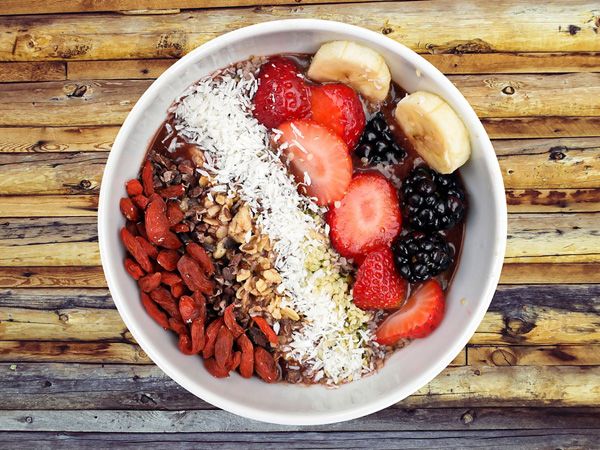Washington: A new study now finds that people who eat diets that have higher fibre content have a lower risk of death and chronic diseases such as stroke or cancer.
The study, that was published in the journal The Lancet saw co-author of the study, Andrew Reynolds, a researcher at the University of Otago in New Zealand, state that fibre’s health benefits have been recorded by over 100 years of research, reported CNN.
The study finds that higher intakes of fibre “led to a reduced incidence of a surprisingly broad range of relevant diseases (heart disease, type 2 diabetes and colorectal cancer),” reduced body weight and total cholesterol, and reduced mortality, Reynolds wrote. Similar findings were shown with increasing whole-grain intakes.
The team was commissioned by the World Health Organization to inform future fibre intake recommendations.
Speaking about the study, co-author Jim Mann, professor of human nutrition and medicine at the University of Otago said, “The health benefits of dietary fibre appear to be even greater than we thought previously.”
According to the study, 15 per cent to 30 per cent reduced the risk of death and chronic diseases in people who included the most fibre in their diets as compared to those with the lowest intake.
A fibre-rich diet was linked, on average, to a 22 per cent reduced the risk of stroke, a 16 per cent lower risk of Type 2 diabetes and colorectal cancer, and a 30 per cent reduced risk of death from coronary heart disease.
Based on the research, experts recommend 25 grams (0.88 ounces) to 29 grams (1.02 ounces) of fibre each day. Higher amounts are even more beneficial, according to the analysis.
The analysis found no dangers with high fibre intake. But it adds that for people with an iron deficiency, high levels of whole grains can further reduce iron levels.
The study further found small risk reduction in stroke and Type 2 diabetes for people adhering to a low-glycemic-index diet, which involves foods like green vegetables, most fruits, kidney beans and bran breakfast cereals.
[source_without_link]ANI[/source_without_link]

